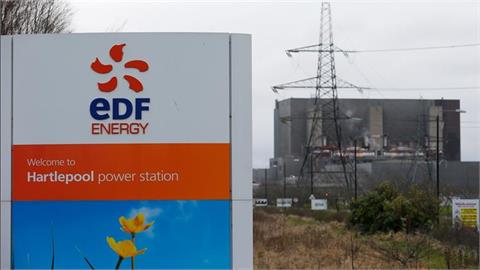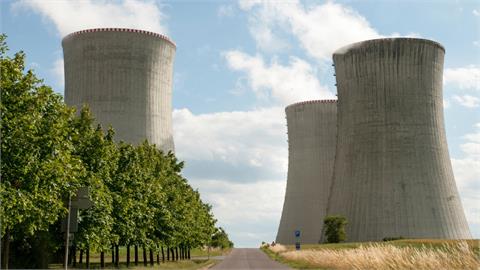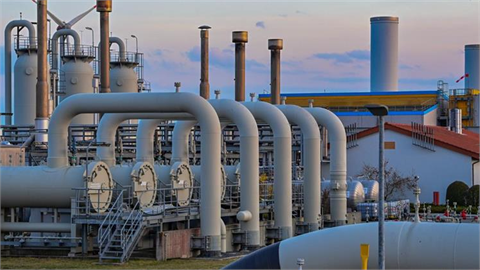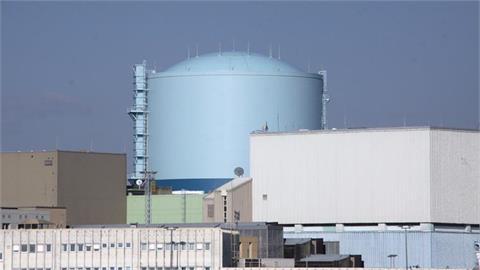Bulgaria wants to join forces with Greece, Serbia, and North Macedonia to create a single gas market that would improve supply diversity and lead to more favorable gas prices, Bulgarian Prime Minister Kiril Petkov said Feb. 8.
A number of new gas infrastructure projects -- some completed and some under construction -- are set to lead to much improved interconnectivity between the southeast European countries.
The region has been historically dependent on Russian gas imports, but can also receive gas from Azerbaijan and regasified LNG via the Greek LNG terminal at Revithoussa.
"We have great potential to create a single market for gas trade," Petkov said in comments posted to the Bulgarian government website during a visit to Belgrade.
"Our relations with Serbia, North Macedonia and Greece can be united under a common market for gas trade," he said. "We must join forces in the direction of maximum diversification -- this will give us better prices and greater independence."
Petkov said gas interconnectivity in the region would be a "top priority" for the government.
Bulgaria and Serbia already linked their gas networks at the end of 2020 to allow Russian gas imported via the TurkStream pipeline to reach Serbia via an expanded grid. Flows began at the start of 2021.
Work on the construction of a new Bulgaria-Serbia gas interconnector began on Feb. 1, 2022, with plans for the pipeline to become operational in October 2023.
The 170 km Bulgaria-Serbia interconnector is separate from the TurkStream link and will run from the Bulgarian capital Sofia via Dimitrovgrad in Serbia to Nis, giving Serbia a non-Russian supply option for the first time.
It will enable Serbia to import gas via Greece and Bulgaria from the Southern Gas Corridor -- bringing gas from Azerbaijan to southern Europe -- and as regasified LNG from the existing and planned LNG terminals in Greece.
The Bulgaria-Serbia interconnector -- backed by the EU as a Project of Common Interest (PCI ) -- has secured a Eur49.5 million grant from the EU Instrument for Pre-accession Assistance and a European Investment Bank loan of Eur25 million.
The pipeline -- which will have a capacity of 1.8 Bcm/year in the direction Bulgaria-Serbia with the possibility also of reverse flow -- will run for around 62 km in Bulgaria and 108 km in Serbia.
Regional projects
There are also plans for a new interconnector to link the gas grids of Greece and North Macedonia.
The gas grid operators of the two countries in September 2021 signed a new gas cooperation agreement, a key step ahead of construction of the new link.
The 123 km pipeline will have an initial capacity of 1.5 Bcm/year, but this could be doubled. A final investment decision is expected in early 2022.
Greece, meanwhile, already has one operating LNG import terminal at Revithoussa, which started operations in 2000, but the government is supporting a second plant as part of efforts to make the country into a regional gas hub.
Greece's Gastrade last month took the final investment decision for the planned 5.5 Bcm/year floating LNG import terminal at Alexandroupolis in northern Greece, paving the way for the project to begin operations by the end of 2023.
Regasified LNG entering the terminal will be able to flow onward to other markets in the region including Bulgaria, Romania, Serbia, North Macedonia, Moldova and Ukraine, Gastrade said.
Bulgaria is also building a new interconnector with Greece -- the Interconnector Greece-Bulgaria (IGB) -- which will allow Azeri gas to flow northward to Bulgaria and for regasified Greek LNG to reach Bulgaria and then Serbia.
The pipeline is expected to come online in July 2022.
It will be able to transport up to 3 Bcm/year in forward flow to Bulgaria -- with an option to increase that to 5 Bcm/year.
The project already has capacity of 1.57 Bcm/year booked and its completion will bring four new shippers to the Bulgarian market.
"Our gas connection with Greece is a great priority for Bulgaria, its construction will allow through the connection with Serbia to have direct access to LNG as well as gas from Azerbaijan," Petkov said.
The new LNG terminal at Alexandroupolis will provide the opportunity for the IBG's capacity to be increased to the maximum 5 Bcm/year.
(spglobal.com, February 9, 2022)



